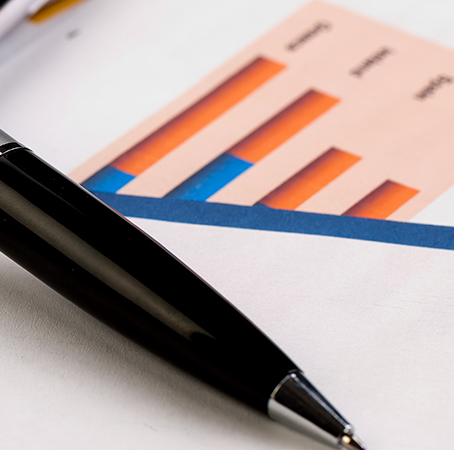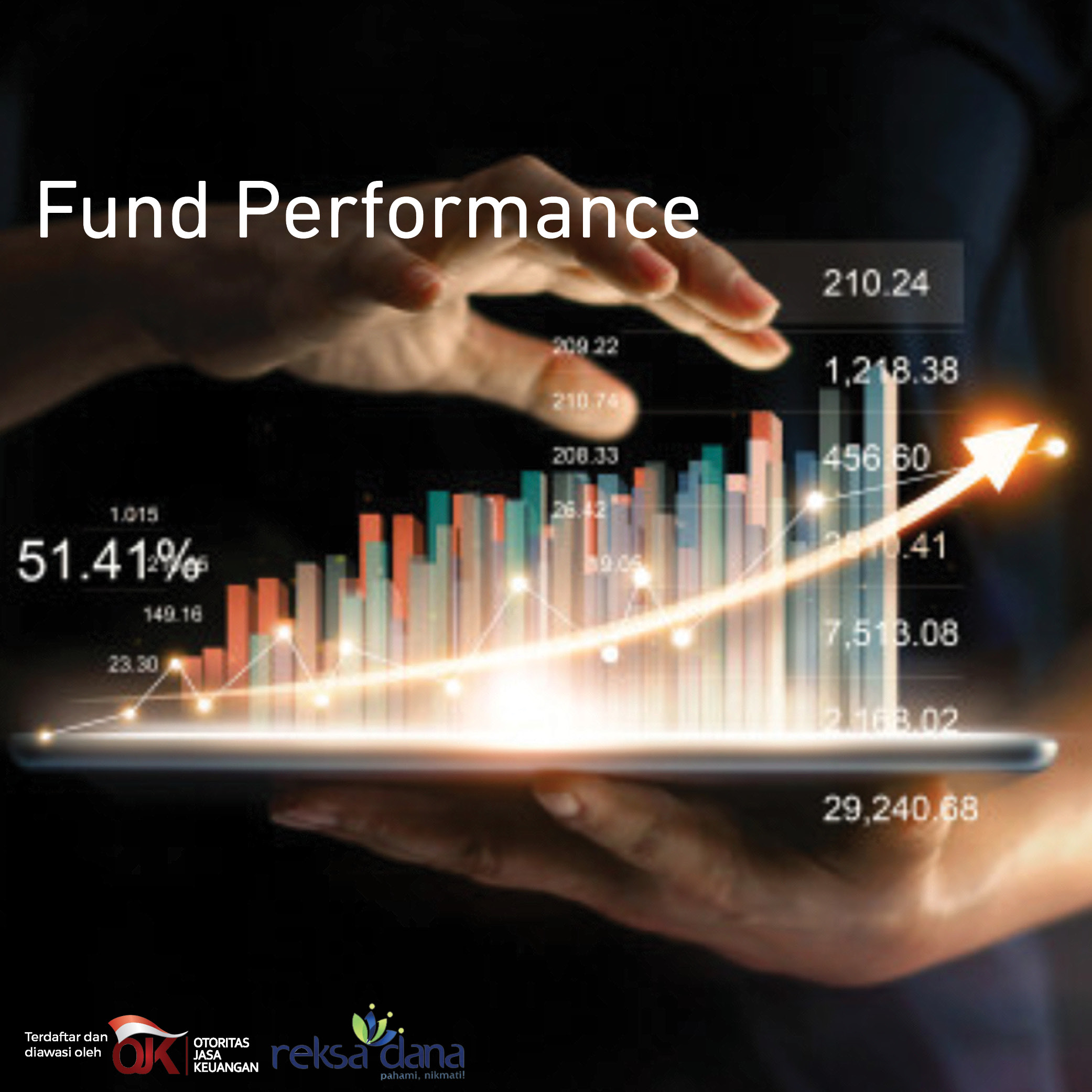Transportation and education groups trigger inflation
According to Statistics Indonesia (BPS), the monthly inflation rate in July accelerated to 0.21%, compared to June's inflation rate of 0.14% MoM. However, it was slightly lower than both our projected estimate of 0.23% MoM and the consensus’ estimate of 0.22% MoM. The primary driver of inflation was the transportation basket, contributing 0.08% MoM to the inflation rate, and it grew by 0.58% MoM, mainly due to the impact of gasoline price hikes like Pertamax Turbo, Dexlite, and Pertamina Dex. Meanwhile, the education group exhibited the highest growth with a 0.66% MoM increase, contributing 0.04% MoM to the inflation rate, which aligns with the start of the new school year. Furthermore, the core inflation rate in July increased to 0.13% MoM, slightly up from 0.12% MoM in June. Additionally, volatile food prices reported an inflation rate of 0.17% MoM, showing a decline from 0.44% MoM in June, while administered prices experienced an acceleration to 0.44% MoM, in contrast to the previous month's -0.02% MoM.
Inflation continues to cool
On a yearly basis, the inflation rate was recorded at 3.08% YoY in July, showing a slower pace compared to the previous month's rate of 3.52% YoY. This marked the third consecutive month within the central bank's target inflation range of 2%–4% and represented the slowest rate since March-22. The inflation rate was also lower than both our projected estimate and the consensus, with figures of 3.14% YoY and 3.11% YoY, respectively. Notably, the transportation basket exhibited the highest growth and was the biggest contributor to the inflation rate, rising by 9.58% YoY and contributing 1.17% YoY to the inflation rate. On the other hand, the information, communication, and financial services basket experienced deflation of -0.24% YoY and contributed -0.01% YoY to the inflation rate. Furthermore, core inflation reported a value of 2.43% YoY, falling below our estimated and consensus values of 2.50% YoY and 2.52% YoY, respectively.
Inflation rate by expenditure groups
On a yearly basis, most of the expenditure groups increased in July, namely: food, beverages, and tobacco group of 1.90% YoY; clothing and footwear group of 1.42% YoY; housing, water, electricity, and household fuel group of 2.03% YoY; furnishings, household equipment, and routine household maintenance group of 2.37% YoY; health group of 2.69% YoY; transportation group of 9.58% YoY; recreation, sport, and culture group of 2.02% YoY; education group of 3.07% YoY; food and beverage serving services/restaurant group of 3.08% YoY; and personal care and other services group of 3.98% YoY. On the other hand, the information, communication, and financial services group reported a deflation of -0.24% YoY.
Russia ends the grain deal
Russia's decision to withdraw from the Black Sea Grain Initiatives deal means that the risk of global inflation has now spread to food commodities. Both Ukraine and Russia are major grain suppliers in the world. According to the United States Department of Agriculture (USDA), grain imports from Ukraine accounted for 25.5% of Indonesia's total grain imports from July 2021 to January 2022, placing Ukraine as the second-largest grain exporter for Indonesia. Since Indonesia relies entirely on imported wheat supplies to produce wheat flour, we believe the government should consider changing Ukraine’s grain to ensure sufficient grain stocks. Potential replacement options for Ukraine include Australia, Argentina, and Canada
India’s rice export ban
One of the recent developments that pose a threat to the inflation outlook is India's recent decision to implement a rice export ban. India holds approximately 40% of the global rice market share, with the main competitors being the rice-producing triangle of Thailand, Vietnam, and Myanmar. Fortunately, Indonesia's rice imports from India are relatively low, which reduces the impact of India's rice export ban on the country's rice supply. According to Statistics Indonesia (BPS), total rice imports in 1H23 reached 1.06 mn tons, with the majority coming from Thailand at 0.56 mn tons and Vietnam at 0.40 mn tons, respectively. The government should proactively anticipate the potential spread of rice export bans worldwide, triggered by El Nino. Furthermore, Vietnamese politicians requests to boost their domestic food security may lead to Vietnam following India’s path to restrict supply in the export market. Considering the impact of the El Nino effect and Russia's recent decision to pull out of the Black Sea grain deal, our analysis suggests that inflation will likely accelerate to 3.7% YoY by the end of 2023.
















